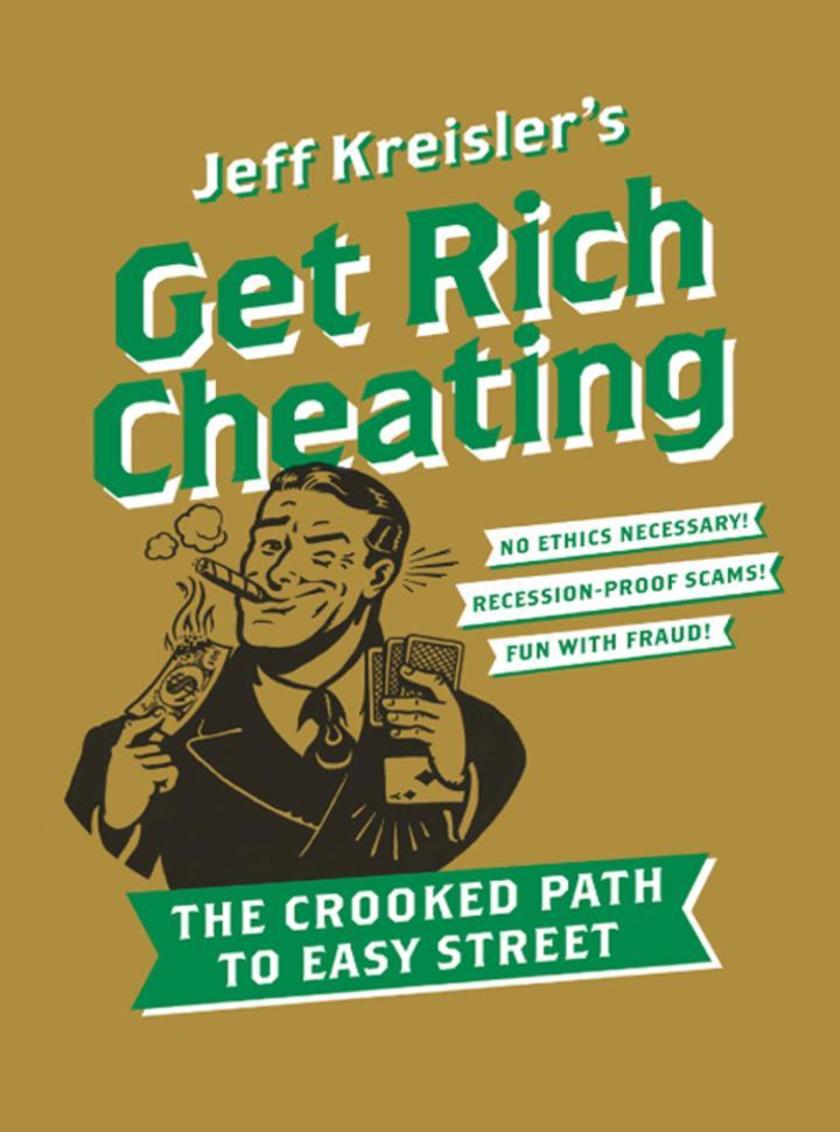
Get Rich Cheating
¥88.56
In these difficult times, there's only one proven path to ridiculous amounts of money: Cheating. Everyone's doing it from sleazy CEOs to 'roided-up home run kings, silicone-enhanced starlets, and backroom-dealing congressmen so why not youGet Rich Cheating is your definitive guide to the illegal, immoral, and fun, detailing the schemes that have proven time and time again to generate more cash than God, Google, and the Treasury combined. No one ever bought a fleet of Bentleys with hard work, perseverance, and honesty. Simply by purchasing this book, you've already done more than most "ethical" people dare. Open it, savor the moment, and inhale deeply in the musk of your impending wealth it's time to Get Rich Cheating.

On Rocky Top
¥88.56
There is no college football team more zealous and competitive than the University of Tennessee Volunteers When Clay Travis, acclaimed author of Dixieland Delight, decided to spend the 2008 season up close and personal with UT football, he and every other college football aficionado thought he was in for a rollicking ride with one of the leading contenders for the national title. After all, when the Vols kicked off the season on September 1, the defending SEC East champions were ranked 18th in the country. As head coach Phillip Fulmer prepared for the game, he reflected upon a coaching career that included an astounding 147 victories, two SEC championships, and a national title. With 34 years at UT under his belt as both a player and coach, the Tennessee native had just signed a contract extension that projected to keep him at the university long enough to become the winningest coach in program history.But when the Volunteers lost their season opener and the losses continued to mount, it became clear that 2008 was going to be a season on the brink for UT football. By December, the team had suffered its second-worst season ever, and Fulmer, the most beloved and recognized man in Tennessee, had been fired.Based on exclusive interviews with Fulmer, UT athletic director Mike Hamilton, university boosters, team personnel, players and their families, and fans, On Rocky Top recounts in vivid detail how a season of promise tragically ended an era of college football. Enlivening the narrative is a diverse cast of supporting characters, including 65-year-old "Good Time" Charlie Harris, who has driven the UT big rig for almost 10 years; star running back Arian Foster, a fifth-year senior striving to become the all-time leading rusher in Volunteer history; and multimillionaire booster John "Thunder" Thornton, who defended Fulmer till the end. A lifelong Volunteer fan whose grandfather played for the team during the 1930s, Travis reports from the locker room to the sideline, and has created a fascinating and loving chronicle of an impassioned state, a celebrated football culture, a beloved coach, and the sensational collapse of a once-mighty juggernaut.
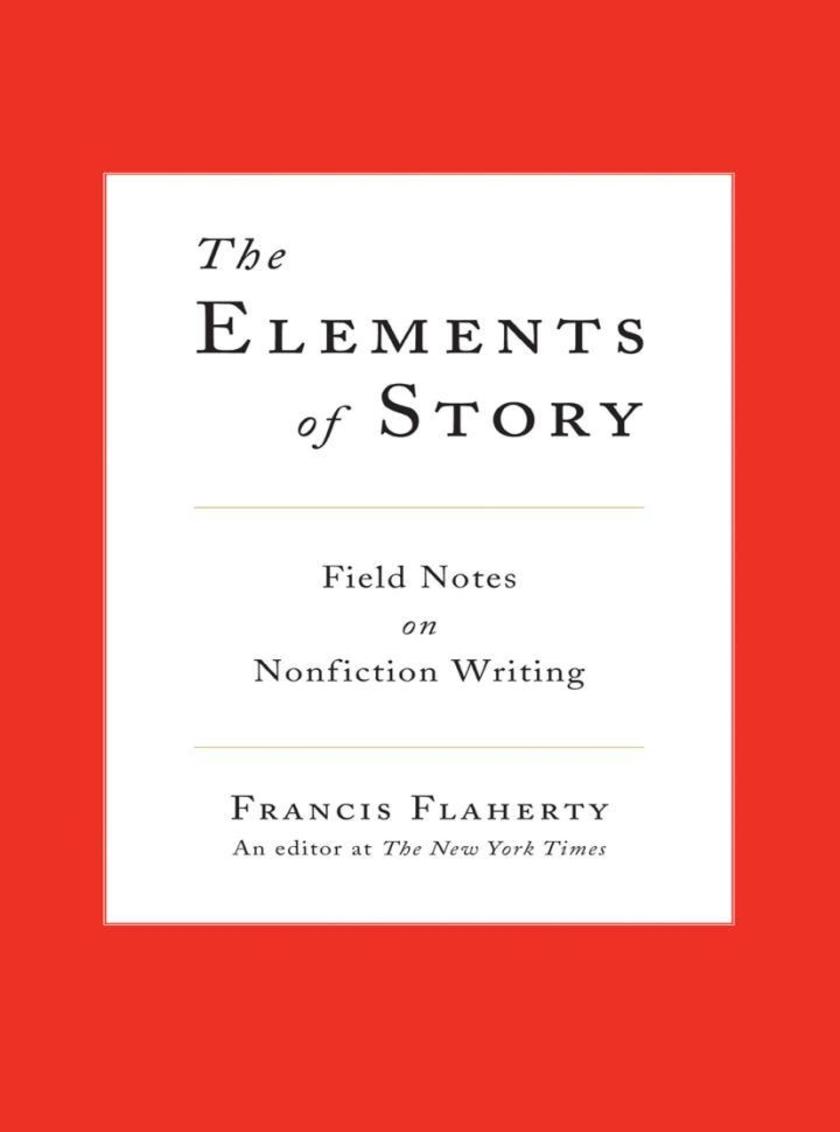
The Elements of Story
¥95.39
Most writing books dwell on common issues of style and grammar. Yet most writers also confront complex problems of story design.This 50-rule guide by Francis Flaherty, a New York Times editor, offers much-needed solutions and sage advice to address these concerns. "Sometimes, say things sideways," Flaherty writes. "The reader will be grateful." "White is whitest on black," he observes. "Let contrast work for you." Through such hard-won, story-level insights, sprinkled with examples from real stories and leavened with a good dose of newsroom memoir, The Elements of Story merits a spot on every writer's shelf.
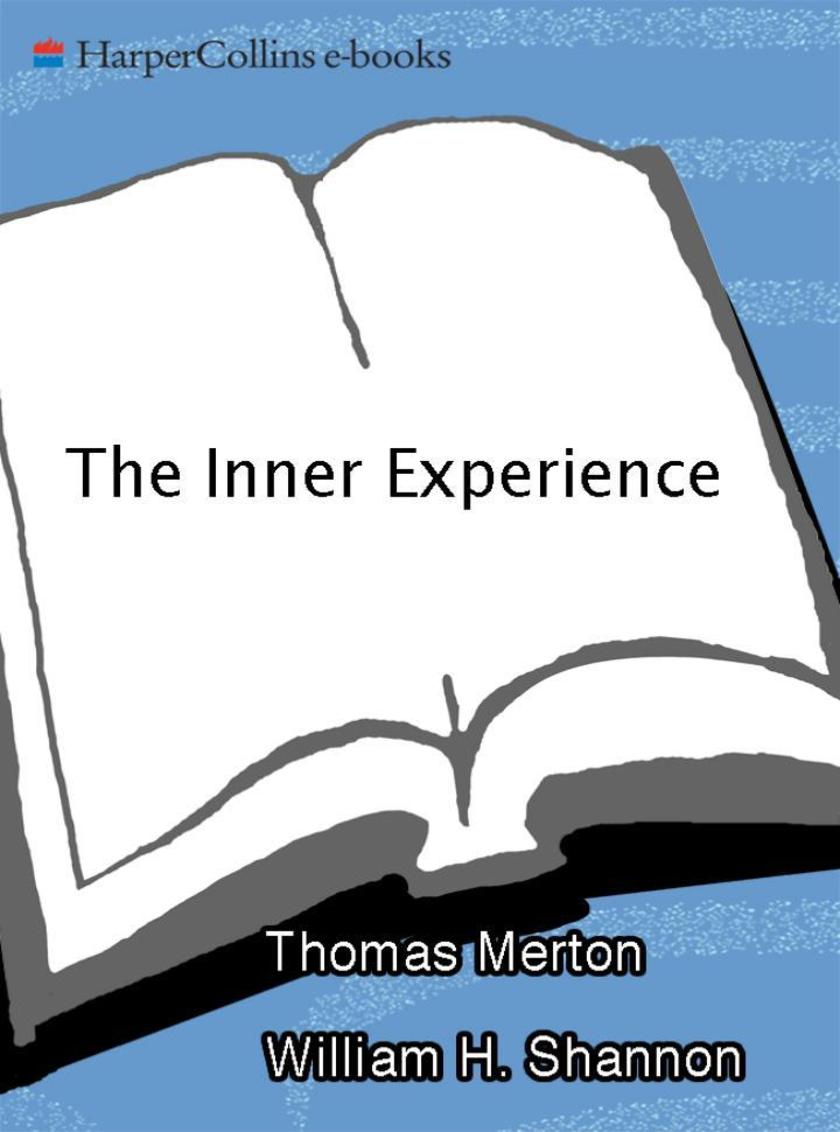
The Inner Experience
¥88.56
Now in paperback, revised and redesigned: This is Thomas Merton's last book, in which he draws on both Eastern and Western traditions to explore the hot topic of contemplation/meditation in depth and to show how we can practice true contemplation in everyday life. Never before published except as a series of articles (one per chapter) in an academic journal, this book on contemplation was revised by Merton shortly before his untimely death. The material bridges Merton's early work on Catholic monasticism, mysticism, and contemplation with his later writing on Eastern, especially Buddhist, traditions of meditation and spirituality. This book thus provides a comprehensive understanding of contemplation that draws on the best of Western and Eastern traditions. Merton was still tinkering with this book when he died; it was the book he struggled with most during his career as a writer. But now the Merton Legacy Trust and experts have determined that the book makes such a valuable contribution as his major comprehensive presentation of contemplation that they have allowed its publication.
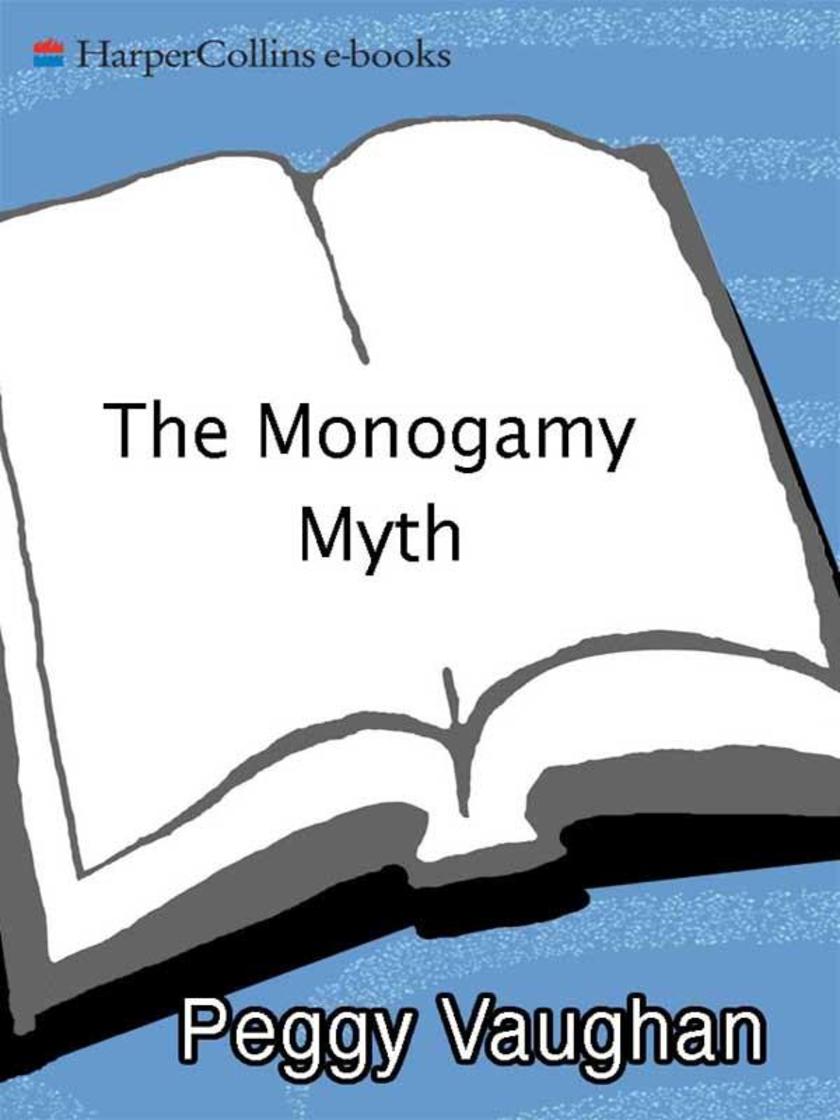
The Monogamy Myth
¥95.11
One of the most valuable survival guides for men or women recovering from a partner's affair.Featured on Oprah, 48 Hours, CNN, Fox News, and in USA TodayIn this landmark book, Peggy Vaughan helps us to understand the stages of suspicion, confrontation, and the healing process necessary to recover, including rebuilding self-esteem, the marriage/divorce dilemma, and seeking professional help. Packed with practical, time-tested advice and successful strategies, this authoritative guide reveals: You are not alone estimates are that at least 60 percent of men and 40 percent of women will have an extramarital affair. People from all walks of life have affairs devoted parents, religious individuals, regardless of income or social class. Our society contributes to the prevalence of affairs. An affair does not mean the end of a marriage. Recovery is fueled by honest, open discussion of the affair. Substantiated by case studies, ongoing research, and the author's own experience, this updated third edition includes information on the role of the Internet in relationships, shares the words of others who are recovering from affairs, and describes the six-step program for establishing communication between partners that can actually prevent affairs.
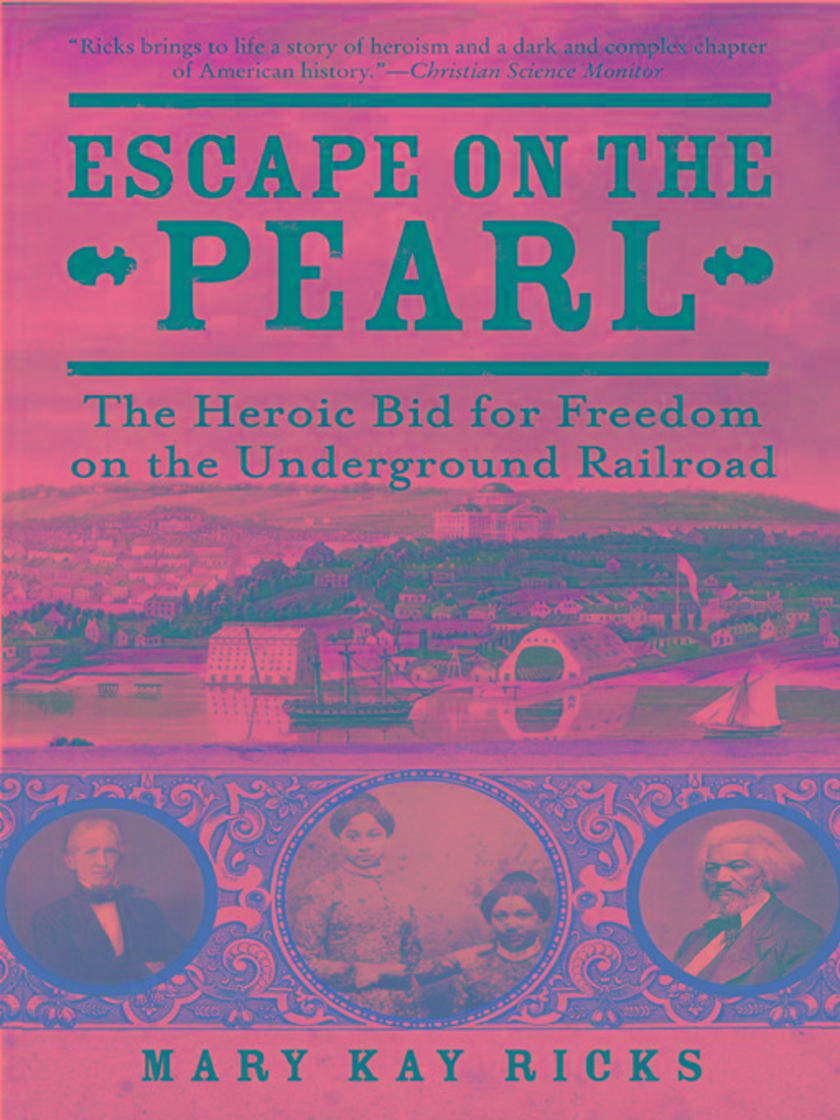
Escape on the Pearl
¥101.00
On the evening of April 15, 1848, nearly eighty enslaved Americans attempted one of history's most audacious escapes. Setting sail from Washington, D.C., on a schooner named the Pearl, the fugitives began a daring 225-mile journey to freedom in the North and put in motion a furiously fought battle over slavery in America that would consume Congress, the streets of the capital, and the White House itself.Mary Kay Ricks's unforgettable chronicle brings to life the Underground Railroad's largest escape attempt, the seemingly immutable politics of slavery, and the individuals who struggled to end it. Escape on the Pearl reveals the incredible odyssey of those who were onboard, including the remarkable lives of fugitives Mary and Emily Edmonson, the two sisters at the heart of this true story of courage and determination.
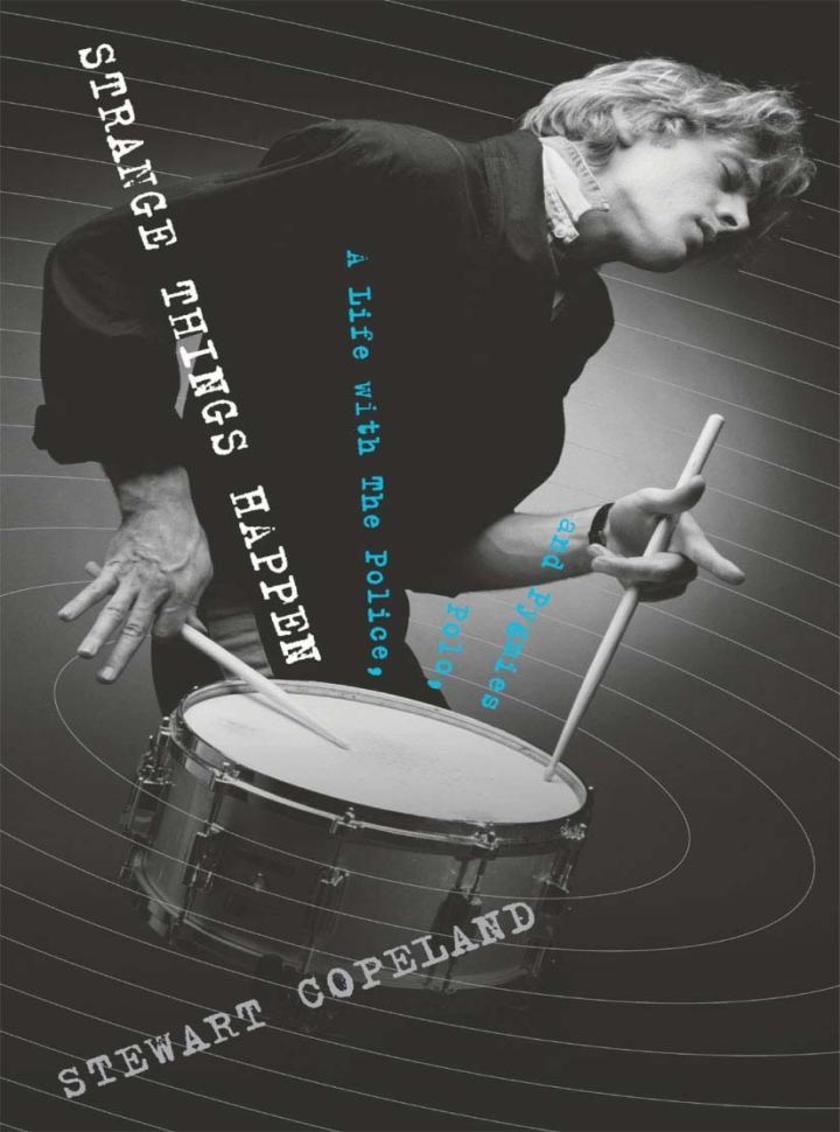
Strange Things Happen
¥83.03
When Stewart Copeland gets dressed, he has an identity crisis. Should he put on "leather pants, hostile shirts, and pointy shoes"Or wear something more appropriate to the "tax-paying, property-owning, investment-holding lotus eater" his success has allowed him to becomeThis dilemma is at the heart of Copeland's vastly entertaining memoir-in-stories, Strange Things Happen. The world knows Copeland as the drummer for The Police, one of the most successful bands in rock history. But they may not know as much about his childhood in the Middle East as the son of a CIA agent. Or be aware of his film-making adventures with the Pygmies in the deepest reaches of the Congo, and his passion for polo (Brideshead Revisited on horses). In Strange Things Happen we move from Copeland's remarkable childhood to the formation of The Police, their rise to stardom, and the settled-down life that followed. It ends with a behind-the-scenes view of The Police's extraordinarily successful reunion tour. It's a book of amazing anecdotes, all completely true, which take us backstage in a life that is fully lived.
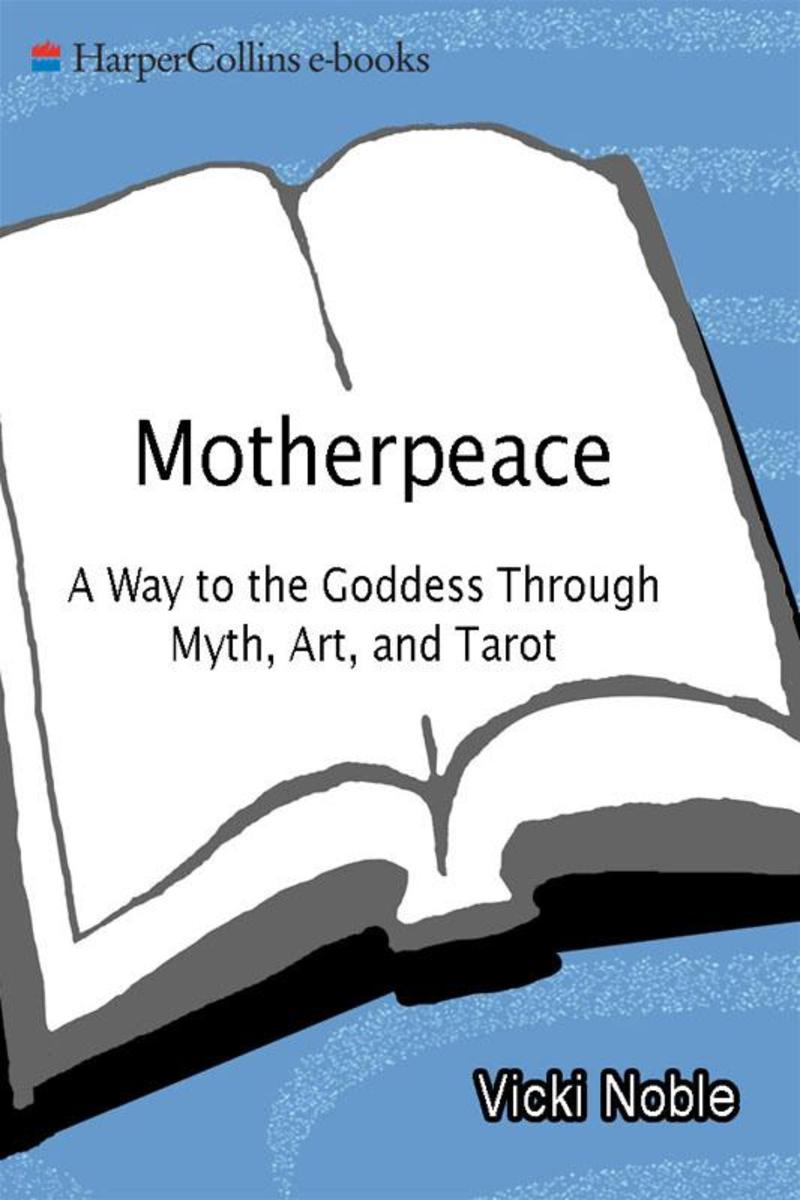
Motherpeace
¥110.71
For over a decade, Motherpeace has been an inspiration and oracle for women all over the world. Motherpeace recovers the positive, nurturing peace-oriented values of prepatriarchal times, and brilliantly combines art, history, mythology, folklore, philosophy, and comparative religion with an informed spiritual and feminist perspective.Vicki Noble challenges us to celebrate our ancient peaceful heritage and to reclaim our right as a people to a life without war. The book is a vision of hope and transformation, made even more powerful by the vibrant pictorial images of the seventy-eight Motherpeace tarot cards.Motherpeace shows how traditional myths and symbols can provide ideas and images for understanding the meaning and power of the Goddess for women and men today.
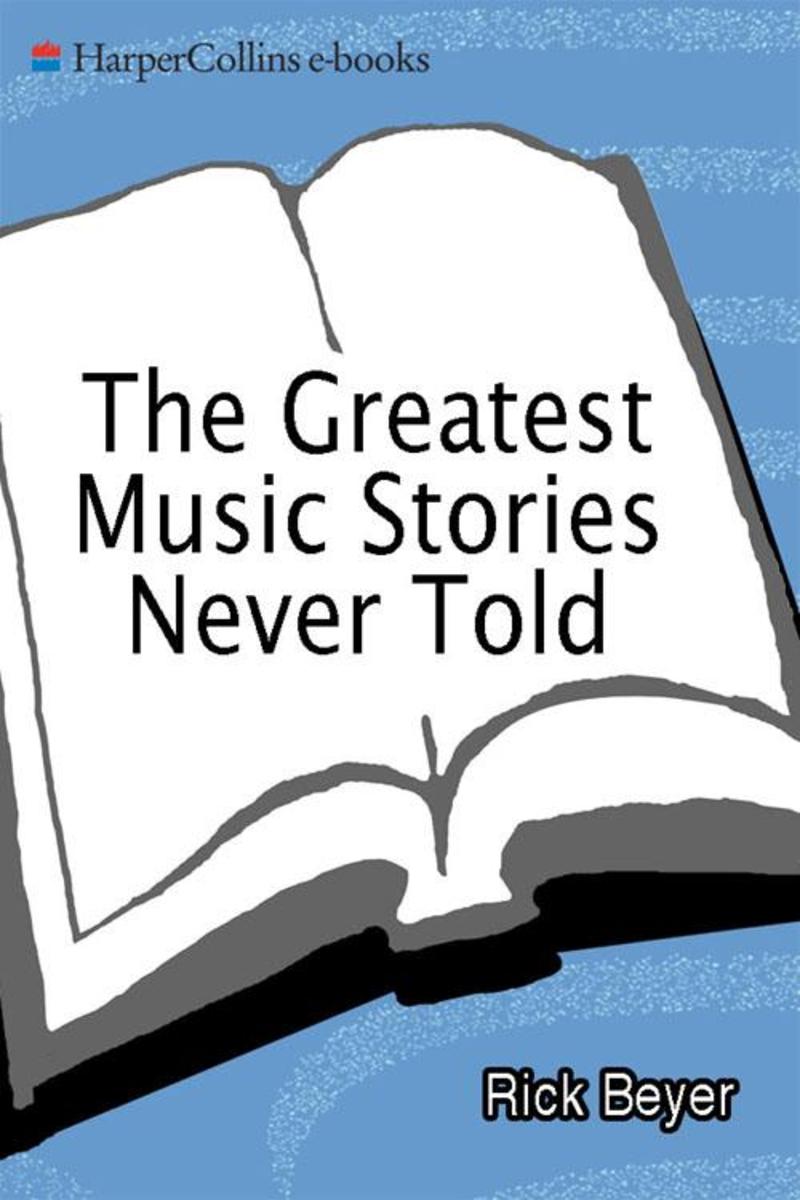
The Greatest Music Stories Never Told
¥112.23
Did you know about: The ballet that sparked a riot The rock star who became an astrophysicist The song that saved Wheaties The man killed by his own conducting The controversy behind "Mary Had a Little Lamb"Prepare to be astonished, bewildered, and stupefied by the tantalizing tidbits of music history collected here: amazing stories about jazz, classical, country, rock 'n' roll, hip-hop, show tunes, composers, band names, song lyrics, instruments, technology, controversies, and more. Learn how the FBI spent years trying to decode the lyrics of one rock song. Discover how Watergate provided the inspiration for A Chorus Line. Find out how one megahit was born in a history class, while another was dashed off in a fit of anger at actor Robert De Niro. Meet the monk behind solfège, the aviation pioneer who created Muzak, and the prisoner who literally sang himself out of jail. Then there's the most important person in rock 'n' roll history—chances are you've never heard of him! Continuing the successful Greatest Stories Never Told series, Rick Beyer has delivered another classic volume for history and music buffs alike.
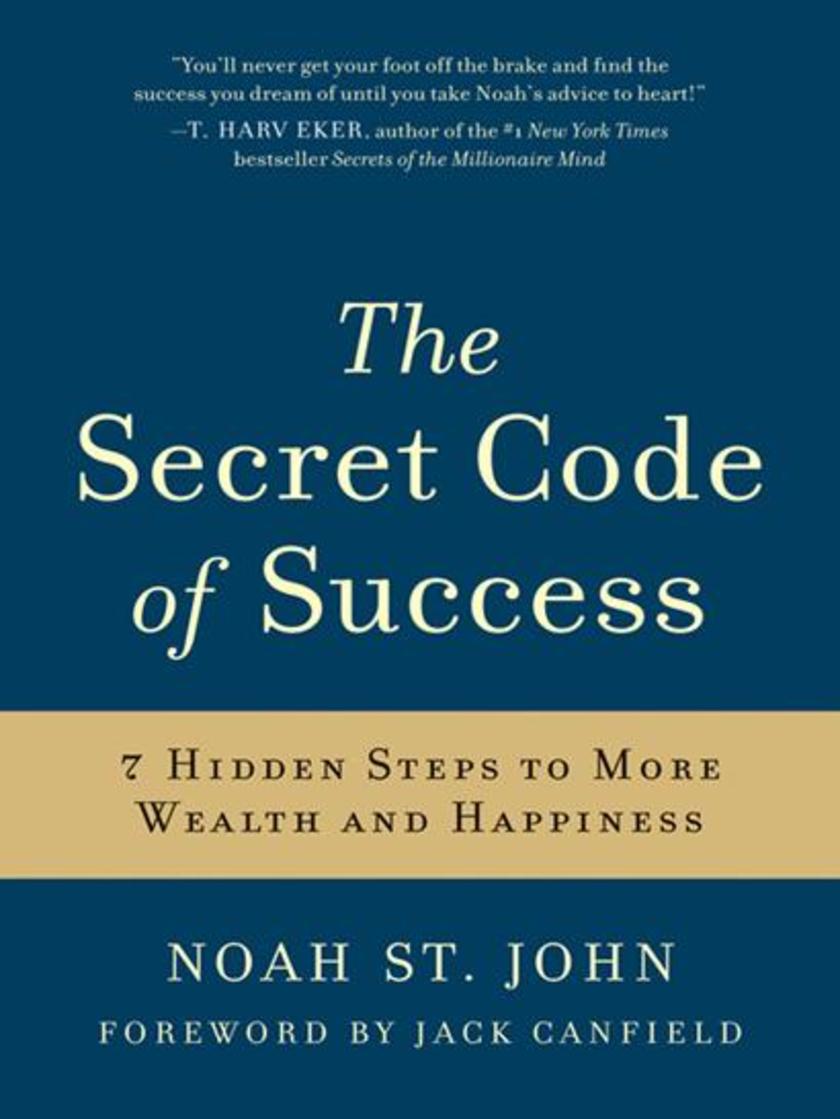
The Secret Code of Success
¥121.80
Americans spend more than $11 billion a year on self-help products everything from books to diet pills to career coaches to seminars. So why with all this time, money, and energy being spent are so few people living the life they really wantWhy are millions of smart, talented, motivated people still going through life with one foot on the brakeHere's the real Secret: You don't need any more how-to-succeed information to reach your full potential.The problem isn't lack of motivation or lack of information. The real problem is that most people focus on the "how-to" aspects of success taught by traditional self-help programs, without coming to terms with what productivity expert Noah St. John calls your "head trash" the subconscious, emotional roadblocks that prevent people from acting on their real hopes, dreams, and ambitions. In this groundbreaking book, based on work with thousands of clients around the world, Noah St. John has created a remarkable, step-by-step approach that helps you achieve long-term happiness, success, and wealth. In The Secret Code of Success, you will learn how to: Eliminate the causes of self-sabotage and fear of success Allow yourself to make more money Remove stress while dramatically increasing personal productivity Improve relationships with coworkers, family, and friends Experience enhanced feelings of happiness, connection, and love The Secret Code of Success shows that, when it comes to success, the conscious mind is exactly the wrong place to start. It's only when we first conquer the self-sabotage of our subconscious (which accounts for 90 percent of our behavior) that we can truly begin to enjoy a life filled with success. This insight is at the core of The Secret Code of Success and leads to Noah's revolutionary 7-step method for eliminating these psychological obstacles. True financial freedom and personal success is possible at last!The Secret Code of Success shows you how to get your foot off the brake and start living the life you deserve.
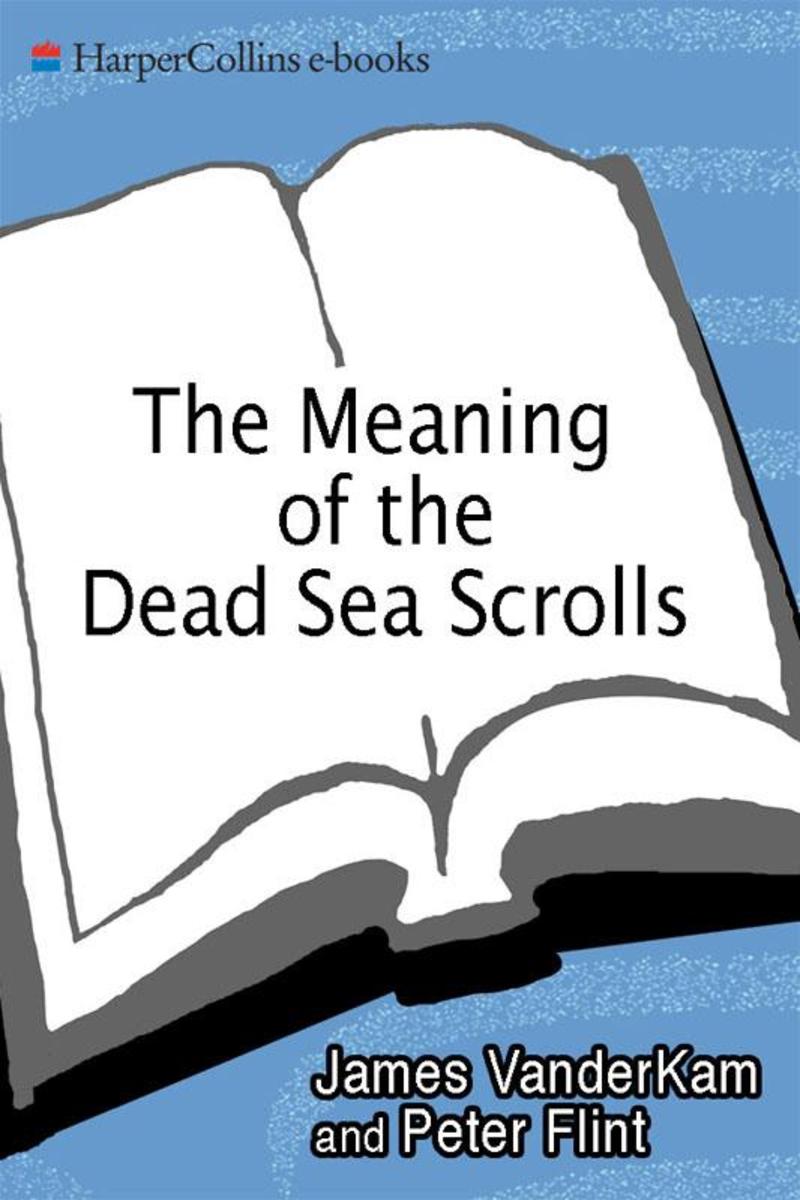
The Meaning of the Dead Sea Scrolls
¥138.41
The Dead Sea Scrolls, found in caves near the Dead Sea fifteen miles east of Jerusalem from 1947 to 1956, include the oldest existing biblical manu*s and the remarkable texts of the purist Jewish community at Qumran. The discovery of the scrolls has added dramatically to our understanding of the varieties of Judaism at the time of Jesus and the rise of Christianity, but has also prompted heated debate about the nature of these religions. As the monumental task of transcribing and translating the Dead Sea Scrolls is finally completed, people around the world are taking stock of the significance of these ancient documents. In this book, two of the world's leading experts on the scrolls reveal the complete and fascinating story in all its detail: the amazing discovery, the intense controversies, and the significant revelations. Drawing together all the evidence, this timely book explores: The discovery and dating of the scrolls Their relationship to the Hebrew Bible, Apocrypha, and New Testament Their messianic and apocalyptic messages The identity, nature, and theology of the Qumran community The nonbiblical scrolls Controversies surrounding the scrolls This comprehensive, up-to-date guide is the definitive introduction to all aspects of the scrolls, including their teachings, the community that created them, the world of Judaism, the origins of Christianity, our understanding of Jesus and the New Testament. Featuring photos of the original texts, the sites, and the scholars who deciphered them, and including illustrative passages from the scrolls, The Meaning of the Dead Sea Scrolls presents the most complete and accurate scholarship on the Dead Sea Scrolls available today.
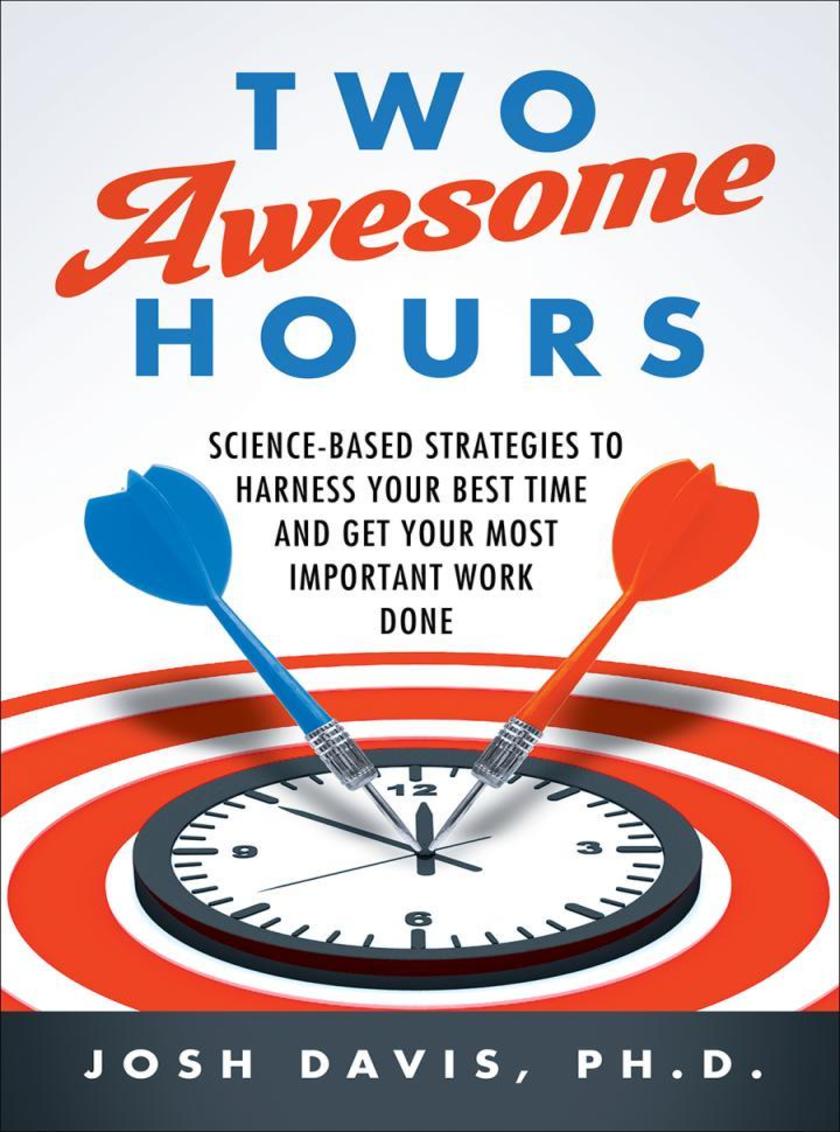
Two Awesome Hours
¥94.10
Whether we love our jobs or not, the amount of work on our plate has reached unsustainable levels. We start each workday anxious about how we will get it all done, and which important tasks will have to be sacrificed again so we can keep our heads above water. We often respond to our out-of-control to-do lists by focusing on being more efficient trying to get more done in less time.According to Josh Davis, Ph.D., we're going about it the wrong way. The answer is not to get more done faster, but rather to create the conditions for at least two awesome hours of peak productivity each day.Neuroscience and psychology research is revealing what those conditions are. Drawing on this research, Davis explains that our minds operate according to complex factors that, when leveraged the right way, can make us truly effective. Davis shows us five deceptively simple strategies to create the conditions for incredible productivity and to restore sanity and balance to our lives: Maximize the moments in our day when we are between tasks, intentionally choosing what to tackle next Schedule tasks based on their cognitive and emotional demands Learn how to direct attention Feed and move our bodies for short-term benefit Identify how our environment affects our focus and alertness We are capable of impressive feats of comprehension, motivation, and performance when our psychological and biological systems are functioning optimally. Two Awesome Hours will show us how to be our most productive every day.
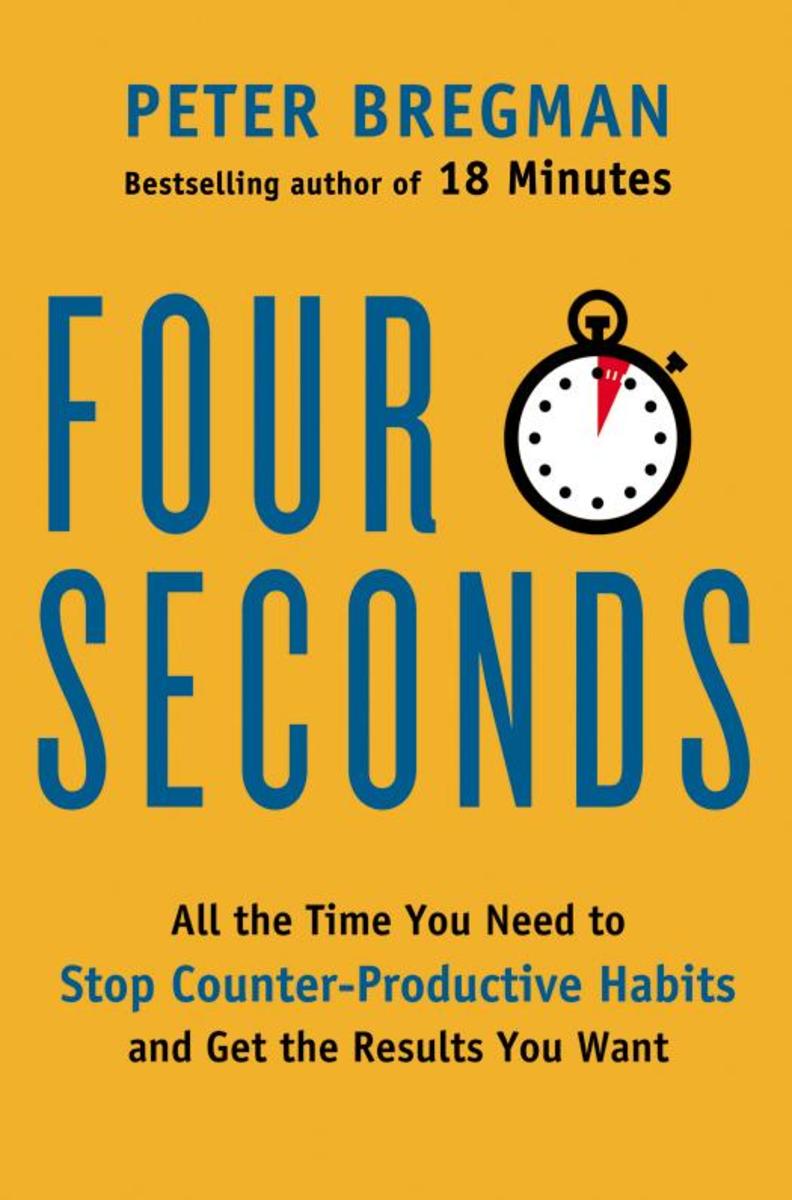
Four Seconds
¥94.10
All too often our best efforts to accomplish the things we want most to do our jobs well, to make meaningful contributions at home and at work, to have satisfying relationships with loved ones, friends, neighbors, and coworkers are built on bad habits that sabotage us. We feel overwhelmed by our increasingly large to-do list, so we automatically multitask to get more done and end up more stressed and more overloaded. We say something with the hopes of impressing the other person, but instead of end them then spend days trying to repair the damage. We give what we think is a pep talk to our team but they walk away demotivated.How can we be most effective and productive in a world that moves too fast and demands so much of us?In Four Seconds, Peter Bregman shows that the answer is to pause for as few as four seconds the length of a deep breath to replace bad habits and reactions with more productive behaviors. In his trademark style of blending personal anecdotes with practical advice, Bregman reveals some of our most common counter-productive tendencies and describes counter-intuitive strategies for acting more intentionally, including: Why setting goals can actually harm your performance How to use strategic disengagement to recover focus and willpower Why listening not arguing is the best strategy for changing someone's mind How taking responsibility for someone else's failure can actually help you succeed Drawn from Bregman's hugely popular Harvard Business Review blog, this engaging and wise book provides simple solutions to create the results you want without the stress.
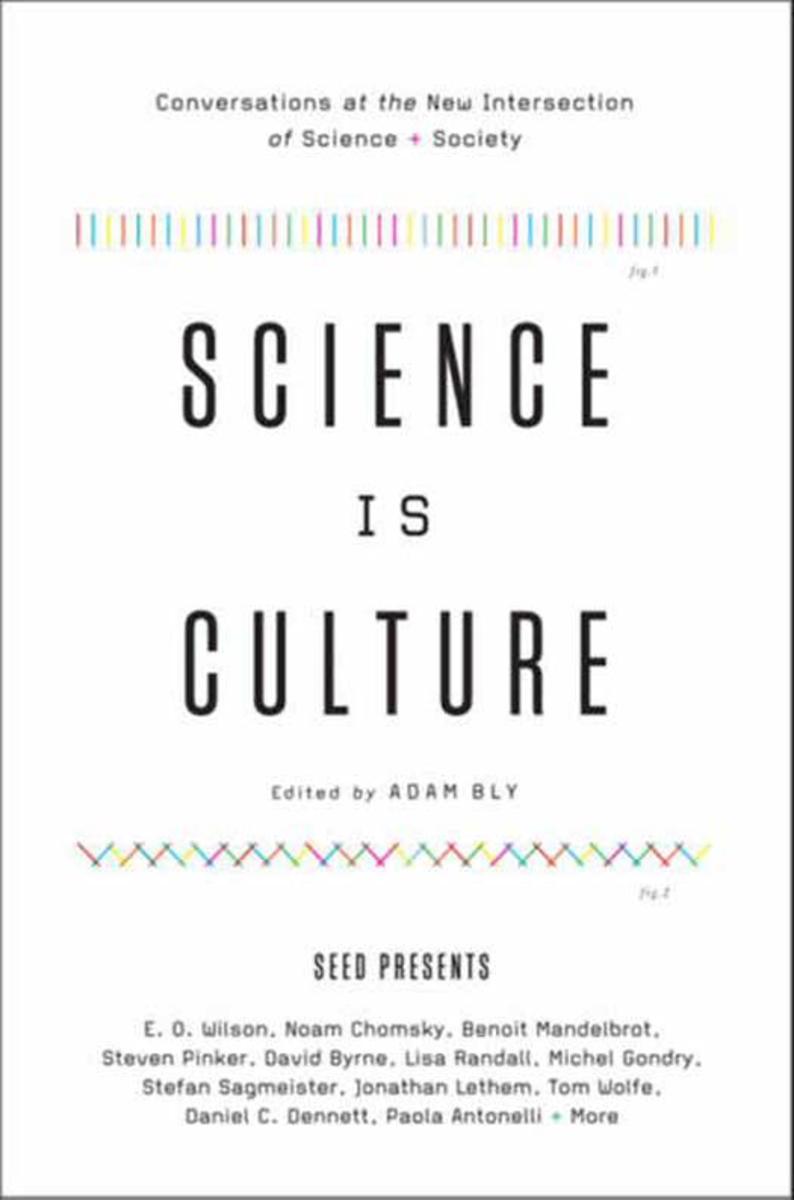
Science Is Culture
¥90.77
Seed magazine brings together a unique gathering of prominent scientists, artists, novelists, philosophers + other thinkers who are tearing down the wall between science + culture. We are on the cusp of a twenty-first-century scientific renaissance. Science is driving our culture and conversation unlike ever before, transforming the social, political, economic, aesthetic, and intellectual landscape of our time. Today, science is culture. As global issues like energy and health become increasingly interconnected, and as our curiosities like how the mind works or why the universe is expanding become more complex, we need a new way of looking at the world that blurs the lines between scientific disciplines and the borders between the sciences and the arts and humanities. In this spirit, the award-winning science magazine Seed has paired scientists with nonscientists to explore ideas of common interest to us all. This book is the result of these illuminating Seed Salon conversations, edited and with an introduction by Seedfounder and editor in chief Adam Bly. Science Is Culture includes:E. O. Wilson + Daniel C. DennetSteven Pinker + Rebecca GoldsteinNoam Chomsky + Robert TriversDavid Byrne + Daniel LevitinJonathan Lethem + Janna LevinBenoit Mandelbrot + Paola AntonelliLisa Randall + Chuck Hoberman Michel Gondry + Robert StickgoldAlan Lightman + Richard Colton Laurie David + Stephen SchneiderTom Wolfe + Michael GazzanigaMarc Hauser + Errol Morris

Marriage and the Family in the Middle Ages
¥88.56
A compelling, lucid, and highly readable chronicle of medieval life written by the authors of the bestselling Life in a Medieval Castle and Life in a Medieval City Historians have only recently awakened to the importance of the family, the basic social unit throughout human history. This book traces the development of marriage and the family from the Middle Ages to the early modern era. It describes how the Roman and barbarian cultural streams merged under the influence of the Christian church to forge new concepts, customs, laws, and practices. Century by century it follows the development -- sometimes gradual, at other times revolutionary -- of significant elements in the history of the family: The basic functions of the family as production unit, as well as its religious, social, judicial, and educational roles. The shift of marriage from private arrangement between families to public ceremony between individuals, and the adjustments in dowry, bride-price, and counter-dowry. The development of consanguinity rules and incest taboos in church law and lay custom. The peasant family in its varying condition of being free or unfree, poor, middling, or rich. The aristocratic estate, the problem of the younger son, and the disinheritance of daughters. The Black Death and its long-term effects on the family. Sex attitudes and customs: the effects of variations in age of men and women at marriage. The changing physical environment of noble, peasant, and urban families. Arrangements by families for old age and retirement.
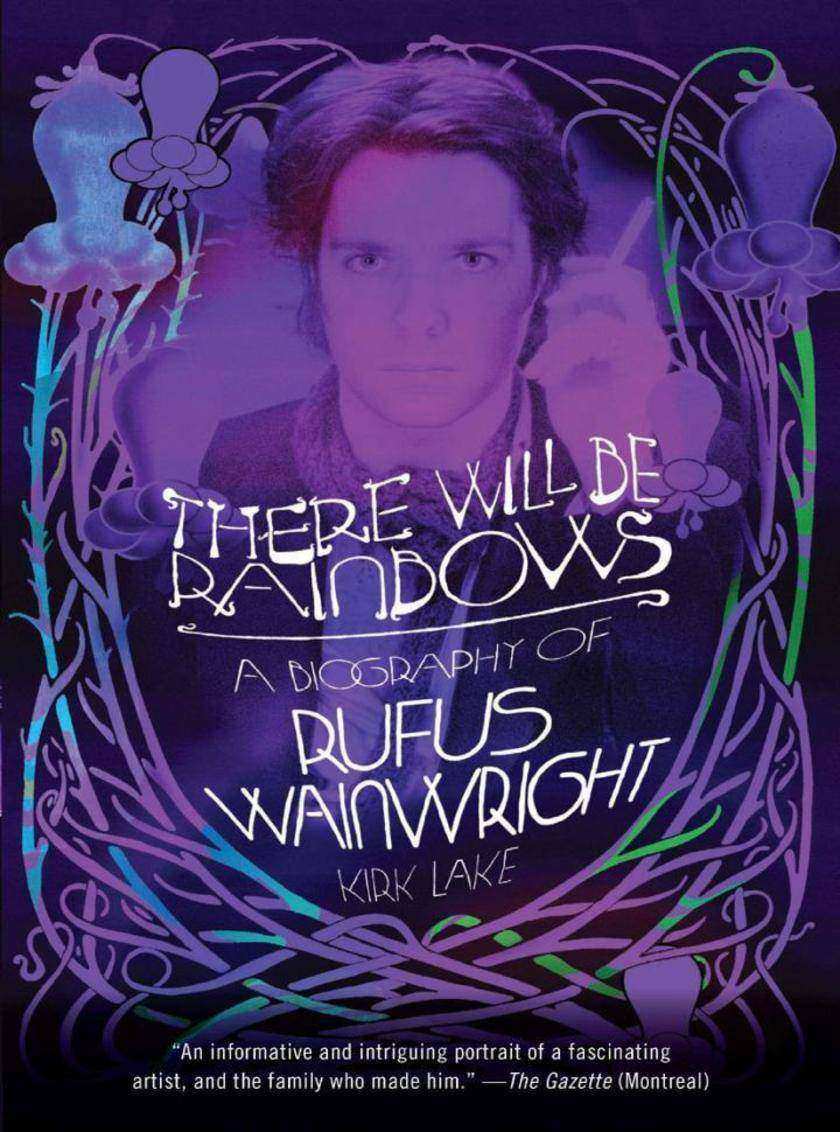
There Will Be Rainbows
¥90.73
No contemporary pop performer's work mixes innovation and tradition like Rufus Wainwright's. He is the son of singer, songwriter, actor Loudon Wainwright III and legendary Canadian folk singer Kate McGarrigle whose story is one of towering highs and rock bottom lows in which family influences, sexual experimentation, and a crystal meth addiction in the early 2000s have greatly contributed to his creative process.In seeking to explain how Wainwright works and where his place lies in a great tradition, rock journalist Kirk Lake entered into many odd and diverse worlds Canadian folk, neo-Conservatism, drug addiction, gay liberation, Hollywood musicals as he followed Wainwright's journey from Van Dyke Parks to rehab to Carnegie Hall. The product of in-depth interviews with musicians, producers, filmmakers, family friends, There Will Be Rainbows is a fascinating, sometimes troubling study of the glorious enigma that is Rufus Wainwright.
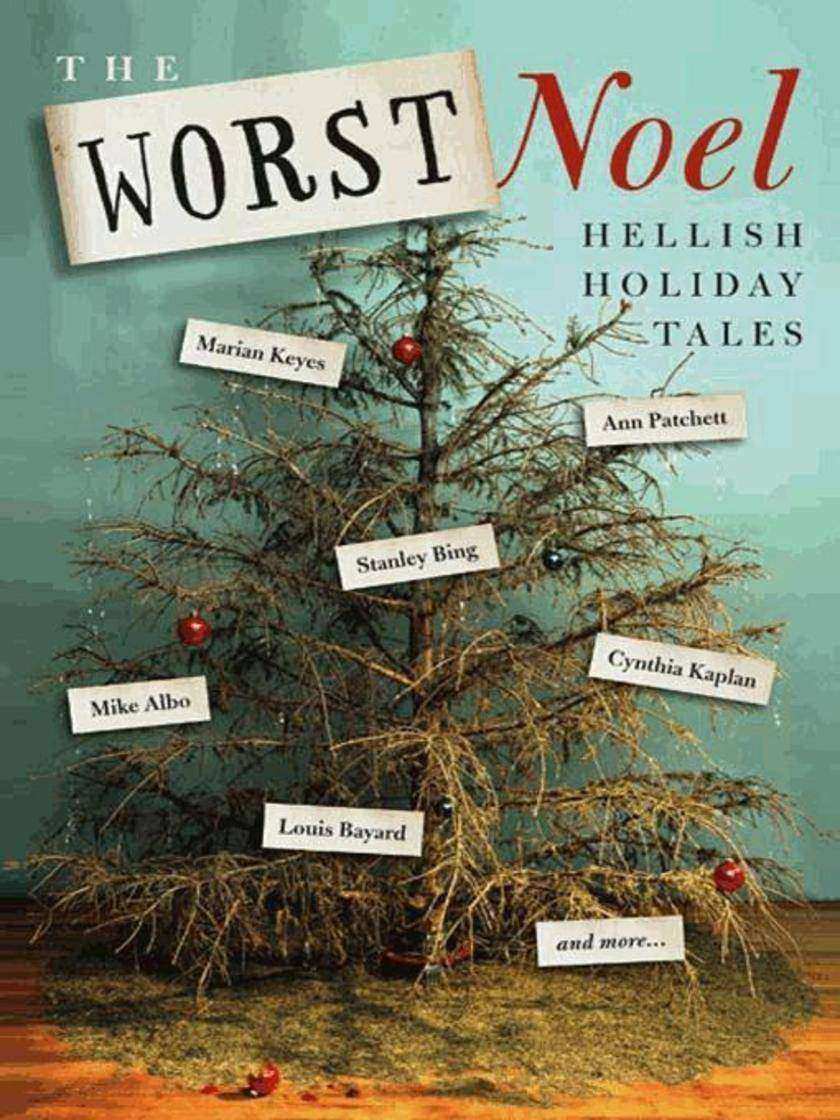
The Worst Noel
¥83.93
Does the thought of mistletoe give you hivesDoes the sound of jingling bellsinstill fear in your heartDo you hide under the covers from the day after Thanksgiving till New Year's DayAnd even if you love Christmas, do thehyperconsumerism, overindulgence, andtinsel-covered everything make you crazy?If you said yes to any of these questions, this is the book for you. You are not alone. Everyone has a Christmas-nightmare story to tell. Some of the best writers around have gone through some of the worst Christmases ever. Their tales of holly-draped horror are gathered here for your amusement, from NEAL POLLACK's Christmas-ham disaster to the accidental Santahood of JONI RODGERS to BINNIE KIRSHENBAUM's receiving what may be the worst gift ever given. And Stanley Bing gives us a peek at the lonely guy's Xmas feast. All this, plus many more recollections of Worst Noels past.So pour yourself a glass of eggnog, chisel off a piece of rock-hard fruitcake, and curl up in the big comfy chair by the fireplace where the stockings have been hung with such care -- and settle in to read The Worst Noel.
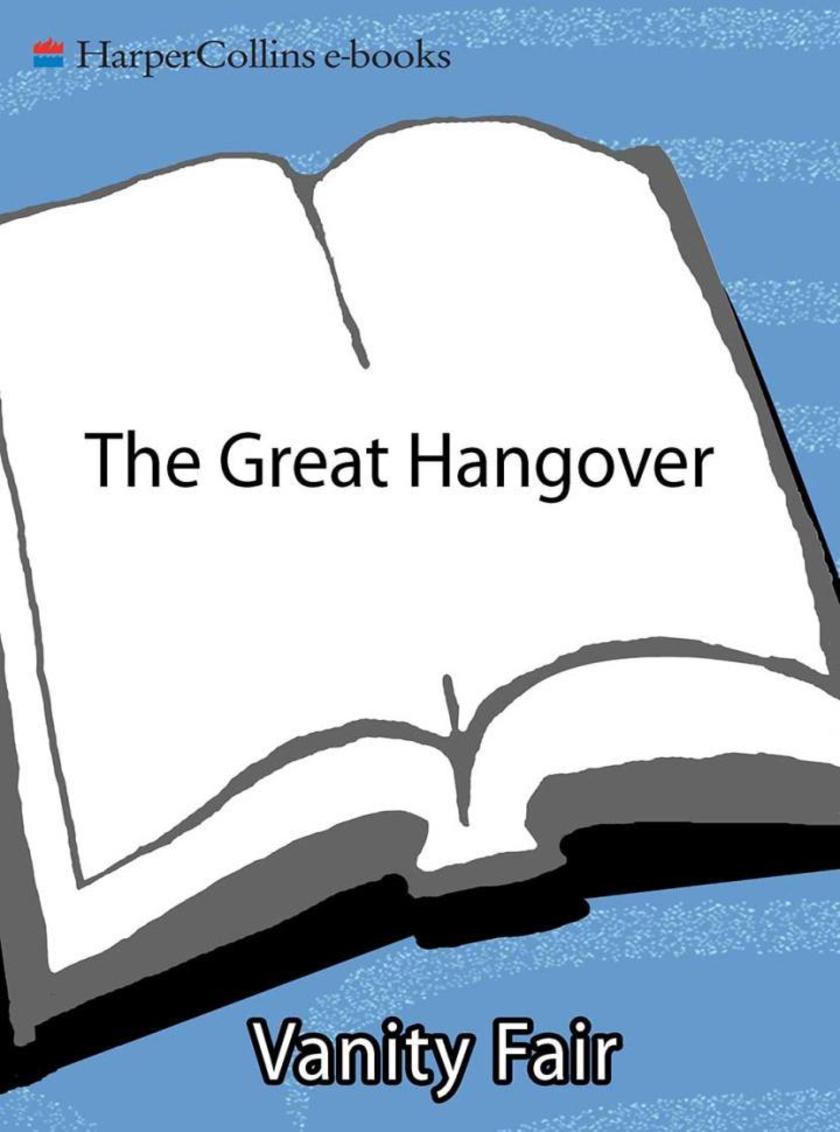
The Great Hangover
¥99.65
Vanity Fair presents 21 true stories of the new hard times Where did all the billions goCommissioned by the editors at Vanity Fair magazine, The Great Hangover is an eye-opening collection of essays on the global economic crisis by fifteen of the most respected contemporary business writers in America, including:Bryan Burrough (Barbarians at the Gate) on the atmosphere of uncertainty and fear that preceded the demise of Bear Stearns . . . Michael Lewis (Liar's Poker) on Iceland's bizarre national implosion . . . Mark Bowden (Black Hawk Down) on the decline of The New York Times and the threat to the ailing newspaper industry . . . Mark Seal on the defining figure of the seriously tarnished New Gilded Age: the Grand Master of Greed, Bernie Madoff . . . Along with compelling and sometimes hair-raising pieces from a dozen other Vanity Fair contributors on the recent recession's myriad villains and victims and the worldwide impact of the financial downturn.
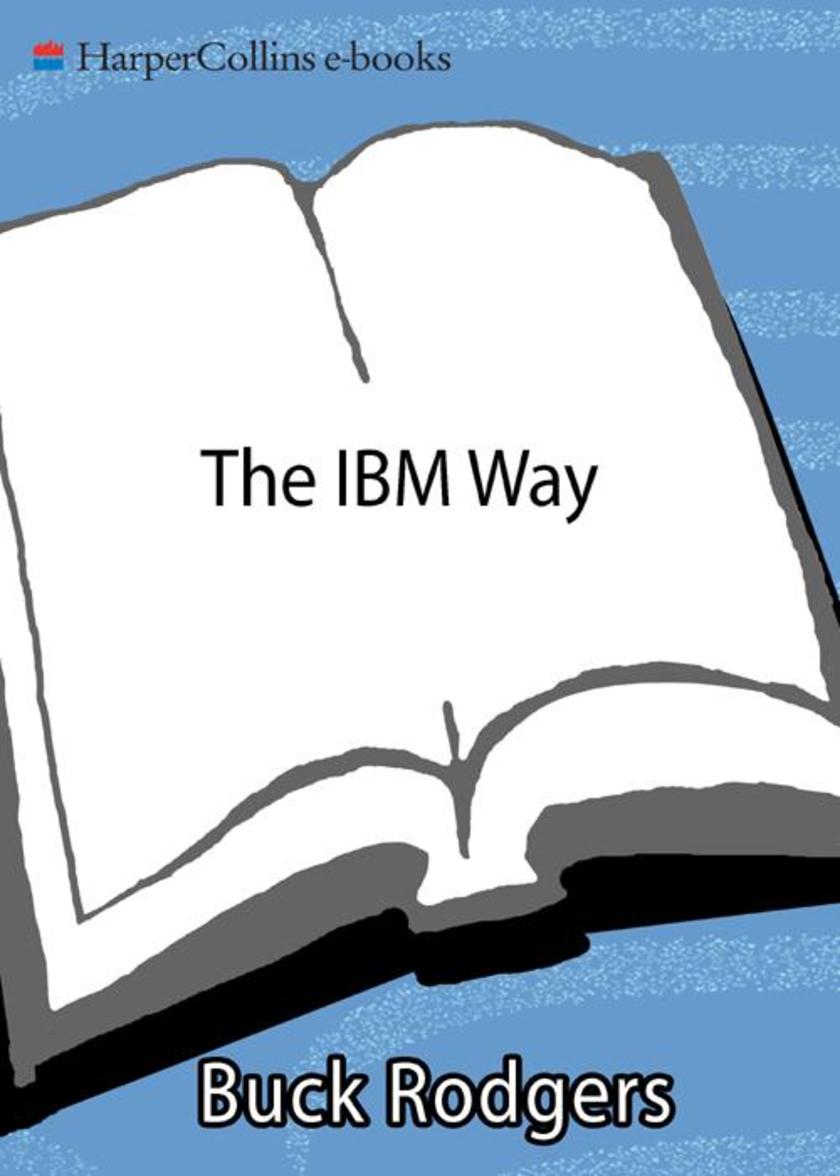
The IBM Way
¥61.76
IBM is one of the greatest sales and marketing organizations ever assembled. Established over seventy years ago, it now employs 400,000 people and generates $50 billion a year in revenue. Yet it operates more like a cottage industry than a huge multinational organization.How does IBM do itThat's what even the most successful companies want to know. Now Buck Rodgers, the man who has personified "the IBM way," describes for the first time the reasons behind its extraordinary achievements. He has not written a company history, or an expose, or a book on management theory. He has written a book about everything that makes IBM IBM, as only an insider could.
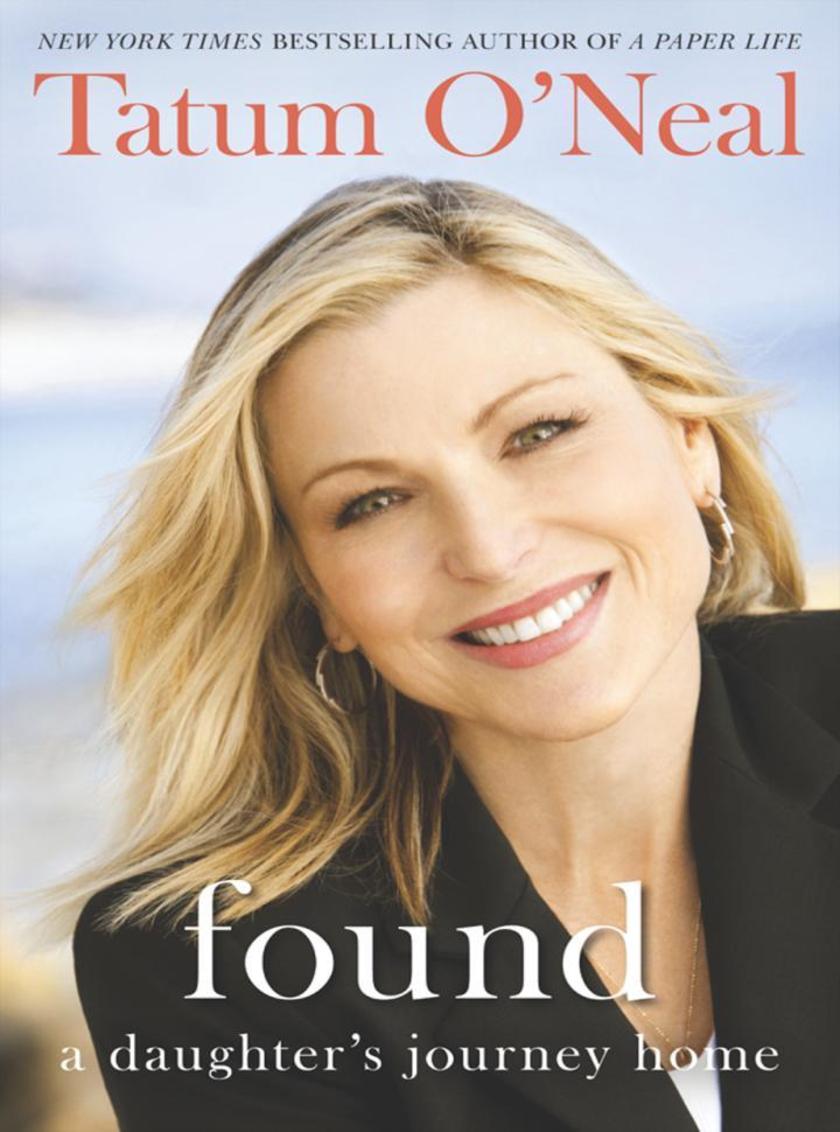
Found
¥88.56
In this powerful follow-up to her New York Times bestselling memoir, A Paper Life, Academy Award?-winning actress Tatum O’Neal returns with an extraordinary chronicle of family, forgiveness, redemption, and commitment—a remarkable story told with honesty, humility, determination, and above all . . . love The golden child of a glamorous Hollywood couple, Tatum O’Neal had a childhood that looked, from the outside, to be fairy-tale perfect. The reality was far from perfect, and in A Paper Life, Tatum shared her poignant, painful experiences of growing up in—and away from—a dysfunctional show-business family. Now, in Found, she digs even deeper and explores the tough issues that resonate in most women’s lives. It is a story of taking two steps forward and one step back, of learning to understand what forgiveness really means—physically, emotionally, and spiritually—and how to live it every day. With candor and grace, Tatum chronicles the challenges and joys of being a single mother to three grown children, an ex-wife, a working actress, and a woman who has lived her life in the public eye for the better part of forty-five years. She speaks frankly about the persistence it took to beat her addictions to drugs and alcohol, and the hard work of staying clean and sober, including dealing with the deep emotional void that illicit substances falsely promise to fill. Tatum details her ongoing efforts to negotiate friends, family, aging, money, love, loss, and Hollywood, while the specter of her past continues to lurk, a reminder of her battle and a testament to her will to survive. And she honors the people whose perseverance and courage in overcoming their own dark troubles have inspired her. Found is also a father-daughter love story: a portrait of a fragile, tentative reconciliation between a parent and a child who, as documented in the OWN television docuseries The O’Neals: Ryan and Tatum, try to heal the hurt and pain of a lifetime. Tatum O’Neal has done the hard work necessary to get her life on track and come to terms with the person she is. Finally, she shares her whole story. Her moving and inspirational saga reminds us all that no matter what has happened in our own lives, we must keep moving forward to the light and the future, step by step, day by day. Only then may we find the true path home.
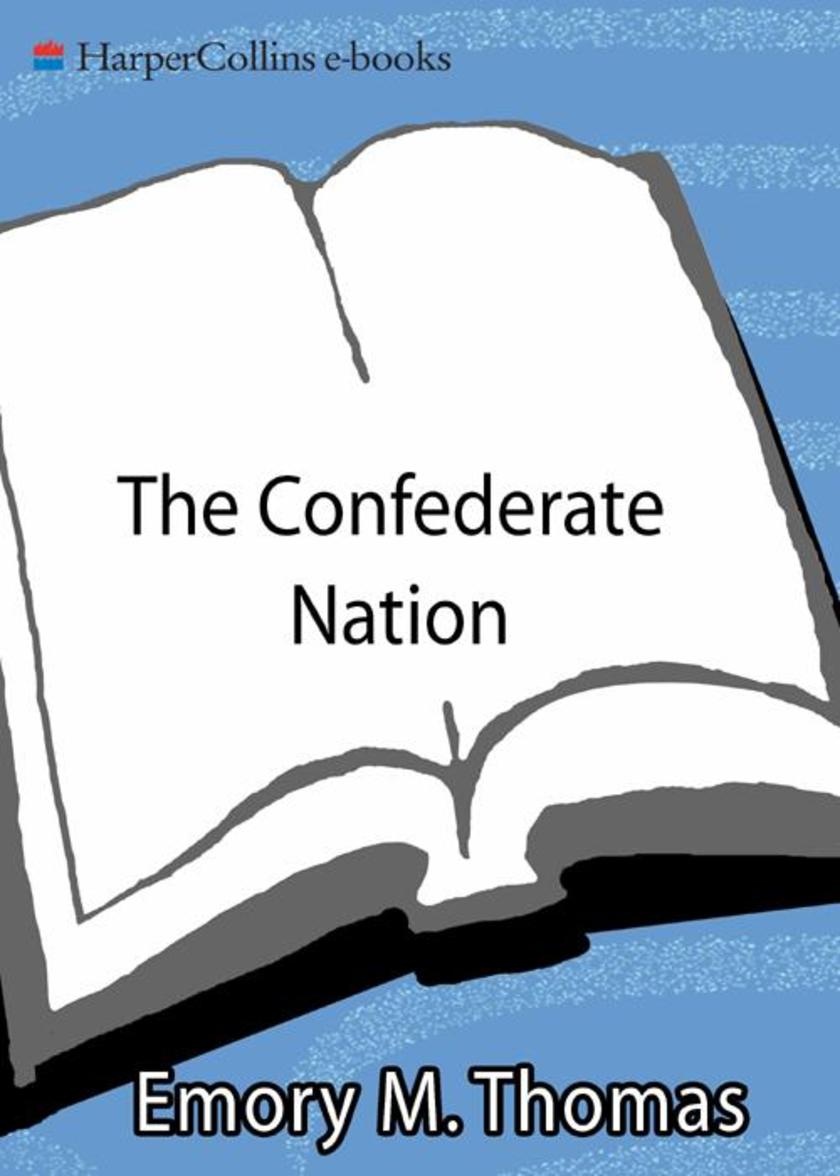
The Confederate Nation
¥88.56
We have for years needed a serious, scholarly, readable work on the Confederate nation that rounds up modem scholarship and offers a fresh and detached view of the whole subject. This work fills that order admirably ... [Thomas] sensibly and deftly integrates the course of Southern military fortunes with the concerns that shaped them and were shaped by them. In doing so he also manages to convey a sense of how the war itself deteriorated from something spirited and gallant to something base and mean and modern on both sides.




 购物车
购物车 个人中心
个人中心



